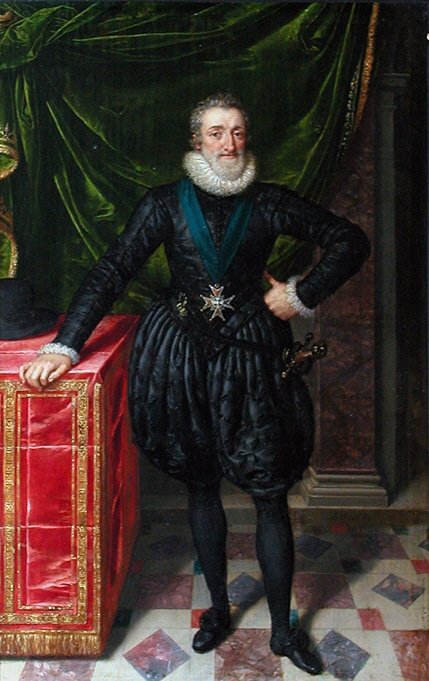
It is rare for Illegitimate children of monarchs to acquire their parent's heritage, but this princess was legitimized after her parents wed. As her dynasty failed, she would seize the throne and stabilize her nation that was teetering towards chaos.
Story in the evening ...
Story in the evening ...
https://twitter.com/Arby_K/status/1321292927939784709
Elisaveta Petrovna was born in 1709 to Tsar Peter and his mistress Ekaterina (Martha Skavronska). Their subsequent marriage in 1712 legitimized her and her elder sister Anna. When Tsar Peter died in 1725, it was his wife Ekaterina who would take the crown. 1/10 

When her nephew died in 1730 bringing to close the Romanov dynasty in the masculine line, Princess Elisaveta was a potential ruler. But her illegitimate birth, relative youth and reluctance saw her cousin, Anna, become the Empress. 2/10 

Empress Anna would be overshadowed by her better looking cousin, with the much more illustrious father, that after her death in 1740, she would will the throne to her two month old nephew. 3/10 

It won't be long though. Elisaveta would seize the throne putting the young Tsar and his German mother in prison. 4/10 

Her two decade reign is generally evaluated in a positive sense with the founding of the University of Moscow and the Imperial Academy of Arts. 5/10 



As a ruler, she emulated her father in many ways, raising Russia's stature as an Empire. At Kunersdorf, Russia defeated the mighty Prussian army of their warrior king Friedrich the Great, coming close to occupying his capital, Berlin. 6/10 

Her nephew and heir would be considerably surprised though, since he idolized Friedrich. Not having married, at least officially, and without children, Elisaveta had named her nephew, Karl Ulrich von Holstein-Gottorp as heir. 7/10 

Elisaveta could not be press for advantage, either. With her death in 1761, her nephew would become Tsar and conclude peace treaty with Prussia. Friedrich would call it a miracle. 8/10 

Karl Ulrich would only rule briefly as Peter III. His wife, Ekaterina (Sophie von Anhalt), would usurp the throne in her son's name and get her husband killed. 9/10 

Ekaterina, better known as Catherine II, would add on to the base Elizaveta and her father had built, making Russia one of the largest nations in the world. 10/10 

• • •
Missing some Tweet in this thread? You can try to
force a refresh














